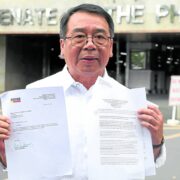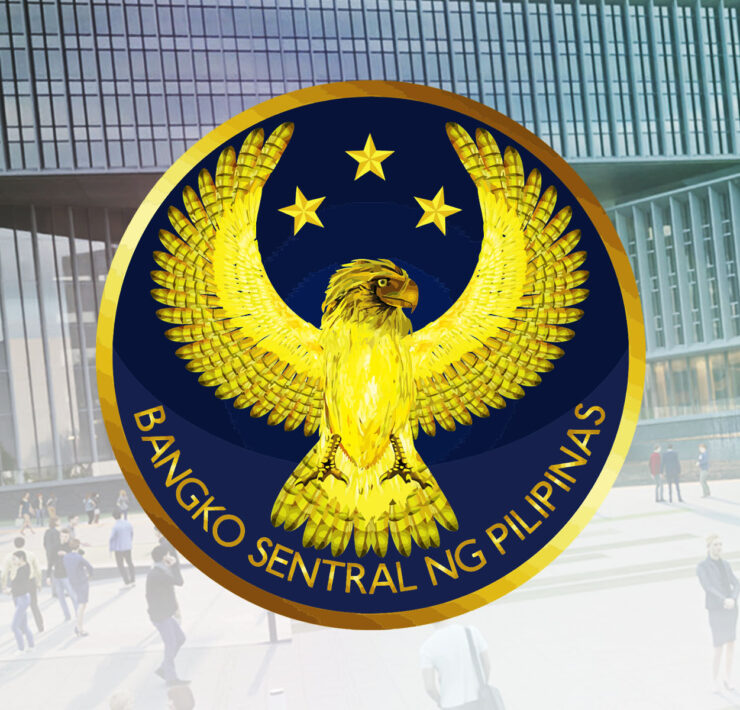BMI: Peso fall below 60 vs $1 still possible

A peso depreciation to below the 60:$1 level remains a possibility, especially if US President-elect Donald Trump would surprise markets by adopting policies that are more protectionist than what he had threatened to do before, BMI Research said.
In a commentary sent to reporters on Tuesday, BMI said Trump’s return to the White House and the accompanying policy overhang will keep the dollar strong.
But a very aggressive protectionism would likely result in a sharp peso fall that would not be stopped even if the Bangko Sentral ng Pilipinas (BSP) would intervene in the foreign exchange market, the unit of the Fitch group added.
But for now, BMI forecasts the peso to trade within the range of 55.20 to 59.20 versus the dollar over the course of 2025, suggesting that the local currency might see a new record-low this year.
“Breaching the 60:$1 level remains a very real possibility and much depends on how Trump’s policies will shape up,” BMI said.
“If the newly elected president opts for very aggressive protectionism policies that take markets by surprise, the dollar could reach another all-time high,” it added.
Tariff threat
As it is, many analysts believe that the Philippines is relatively insulated from Trump’s threat to impose a 10 to 20-percent tariff on all imported goods in the United States, which is targeted at countries with large trade deficits with Washington. This is because the Philippines mostly exports services, not goods that can be easily slapped with higher import duties.
But that doesn’t mean that the domestic economy is completely safe. It may be recalled that the Philippine peso had revisited the record-low 59:$1 level thrice amid expectations that Trump’s tariff threats could stoke inflation stateside, a development that can slow the ongoing easing cycle of the US Federal Reserve.
A shallower easing in the United States, in turn, might prevent the BSP from cutting the local policy rate at a much faster pace, thus limiting the ability of monetary policy to support an economy that had slowed in the third quarter of 2024.
At the same time, Trump’s sweeping deportation threat and immigration policies could potentially hurt remittances, a key dollar engine for the Philippines.
But BMI nevertheless said there’s still a possibility that Trump would deliver a watered-down version of his protectionist promises.
“Until more details of his policies are revealed, markets will speculate on his every move,” BMI said
More BSP intervention
BMI said the peso would have posted a steeper fall by now had the BSP not dip into the country’s dollar reserves to soothe the volatility.
Moving forward, the Fitch unit said the central bank might have to intervene more actively in the next months as upcoming interest rate changes might add fuel to the bearish sentiment on the peso.
However, it added that any chances of peso appreciation would be “constrained” by the additional easing moves by the BSP, which might cut less than the Fed. The local currency would also have to deal with pressures from a large import bill.
“Beyond the near term, we expect the peso to remain on a depreciatory trend as weak fundamentals keep a lid on any significant upside pressures on the currency,” BMI said.





















